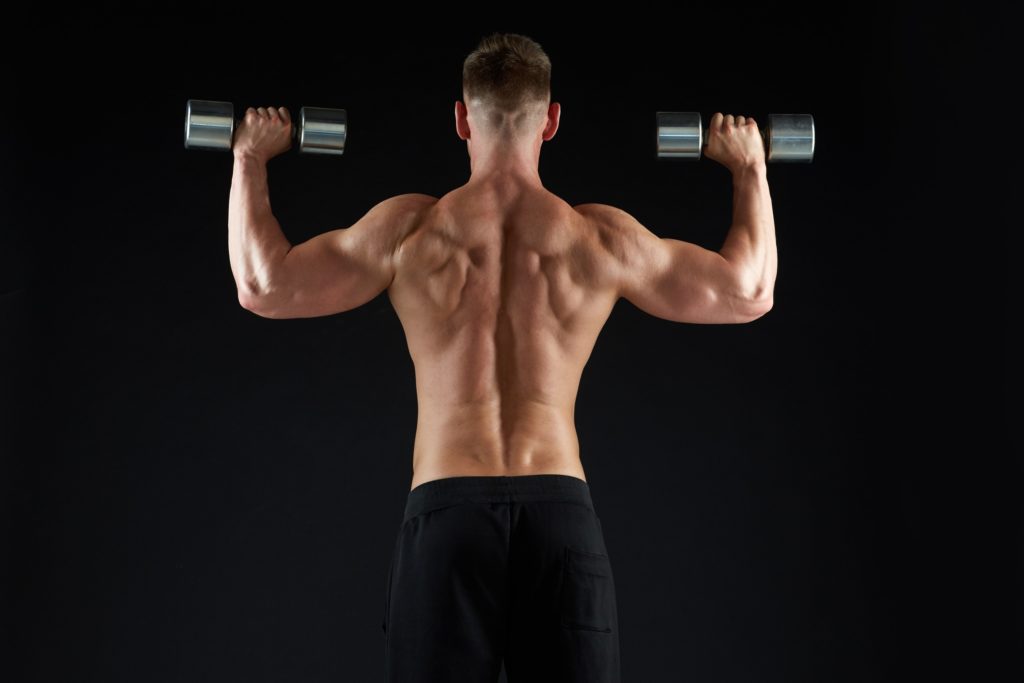Absolute strength can be more important than muscle mass

Do you take part in competitions as an athlete? Or you like to compare yourself with others during strength training? Then you should know that muscle mass says less about your performance than your absolute strength. However, there are a few things to keep in mind when training absolute strength, as a study has found out.
Let’s start with a comparison
Two sportswomen or sportsmen face each other in competition. They have the exact physical prerequisites and an identical muscle mass. Nevertheless, they perform completely differently in the areas where strength plays a role. How does that happen? What is going on?
Repetition maximum, absolute strength…
To understand the differences in performance, we first need to clarify a few terms. We need to know what repetition maximum, absolute strength, and strength reserves are all about:
- Repetition maximum is the most significant possible force that a muscle can exert under normal circumstances. Typical in this case means that you are in mortal danger or in extreme panic.
- The strength reserve is exactly that strength that you can only muster under certain circumstances. For example, when you are literally fighting for your life.
- The strength reserve is precisely the difference between maximum strength and absolute strength. It varies between 10 and 30 percent and is mainly dependent on your training condition.

Absolute strength is more important than muscle mass
Now, athletes with impressive muscle mass can still be less potent than athletes with lower muscle mass. You know the reason now. They lack absolute strength. What does this mean for training? Several scientific studies have shown that muscle growth occurs even when you work with light weights in recent years. However, more repetitions are then necessary to achieve the same effects as training with heavyweights. However, this type of exercise only increases muscle mass, not absolute strength. The performance-oriented athletes among you should take this into account when training.
Exercise with higher weights
Let us now turn to the study and its significance for the training process:
- A US study by the University of Nebraska proved that athletes who work with high weights and fewer repetitions achieve significantly better strength values than athletes who work with low weights and increased repetitions. The differences were then shown in absolute strength.
- The scientists naturally wanted to know why this was so and took neuronal measurements. The result: training with high weights has a significantly more significant influence on the nervous system. Clearly, more electrical signals are transmitted from the brain to the muscle, explaining the more outstanding performance.
More power with the right workout
The electrical signals that make a muscle contract come from a neutron-rich area in the brain called the motor cortex. In their study, the scientists were able to show that significantly more neurons are active with heavyweights than with light weights. This explains the more significant strength gains despite comparable muscle mass. Conclusion of the study leaders: If you want your muscles to grow and want to be able to develop more strength, it is more advisable to work with higher intensities. Depending on your training status, 80 to 90 percent of the repetition maximum is ideal.